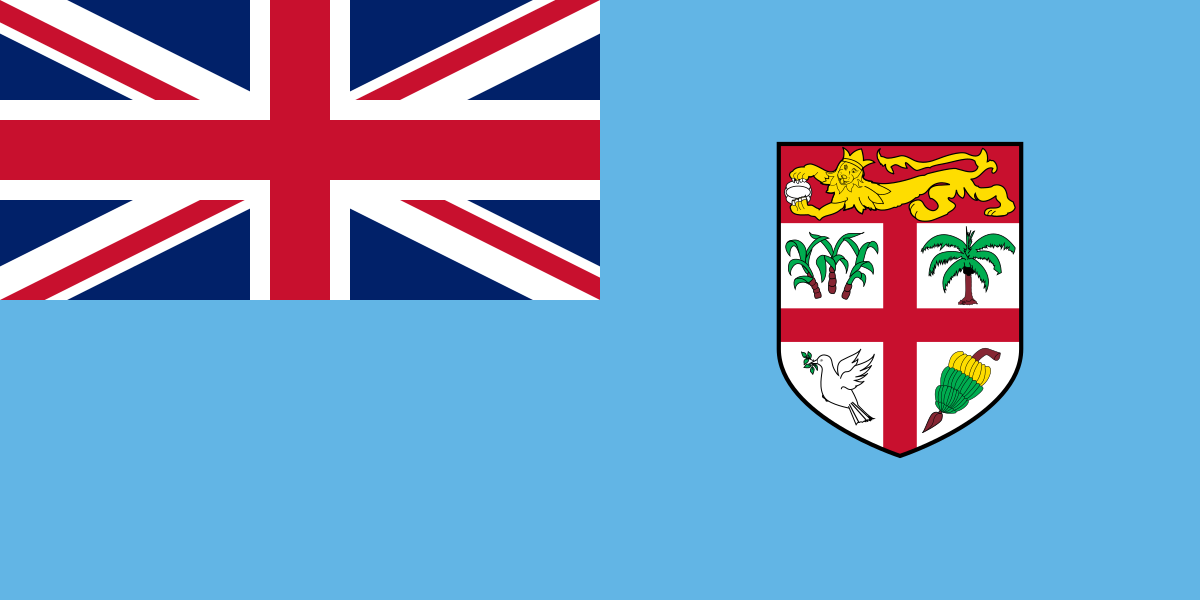Petr
Administrator
I first became aware of the situation in Fiji in the early 2000s when "Yggdrasil" mentioned it, and it is indeed something that WNs can understand and sympathize with; namely, the native Fijians were largely swamped in the early 20th century by the East Indian indentured workers imported by their British colonial masters. For some time, the Melanesian-Polynesian indigenous people of Fiji became a minority in their own country this way.
But the Fijians refused to just roll over and die, handing over their country to the Indians. They became socially and politically organized, and from that point on, the serious politics in this small South Pacific country mostly revolved around the ethnic conflict between the native Fijians and Indian immigrants. The Fijians took their resistance against the "Great Replacement" so seriously that they even launched a few military coups:

 en.wikipedia.org
en.wikipedia.org
Indeed, the Indo-Fijians have now largely gotten the message that the Fijians intend to stay masters in their country, and largely emigrated (unfortunately they headed mostly to White countries like Australia and the US) - thus the native Fijians are now again a clear majority on their own land, making this one of the most successful examples of nativist resistance against mass immigration in recent history:

 en.wikipedia.org
en.wikipedia.org
But the Fijians refused to just roll over and die, handing over their country to the Indians. They became socially and politically organized, and from that point on, the serious politics in this small South Pacific country mostly revolved around the ethnic conflict between the native Fijians and Indian immigrants. The Fijians took their resistance against the "Great Replacement" so seriously that they even launched a few military coups:

Fiji - Wikipedia
The British granted Fiji independence in 1970. Democratic rule was interrupted by two military coups in 1987[80] precipitated by a growing perception that the government was dominated by the Indo-Fijian (Indian) community. The second 1987 coup saw both the Fijian monarchy and the Governor General replaced by a non-executive president and the name of the country changed from Dominion of Fiji to Republic of Fiji and then in 1997 to Republic of the Fiji Islands. The two coups and the accompanying civil unrest contributed to heavy Indo-Fijian emigration; the resulting population loss resulted in economic difficulties and ensured that Melanesians became the majority.[81]
Indeed, the Indo-Fijians have now largely gotten the message that the Fijians intend to stay masters in their country, and largely emigrated (unfortunately they headed mostly to White countries like Australia and the US) - thus the native Fijians are now again a clear majority on their own land, making this one of the most successful examples of nativist resistance against mass immigration in recent history:

Demographics of Fiji - Wikipedia
...In 1977 The Economist reported that ethnic Fijians were a minority of 255,000, in a total population of 600,000 of which fully half were of Indian descent, with the remainder Chinese, European and of mixed ancestry.[2]
According to the 2007 Census of Fiji, the number of Fijians increased from 393,575 to 475,739, while the number of Indians decreased from 338,818 to 313,798.[3] According to government statistics, the latest estimated population of Indigenous Fijians is counted at 511,838, while there are 290,129 Indians and 56,071 Others (January 2012).[4]





